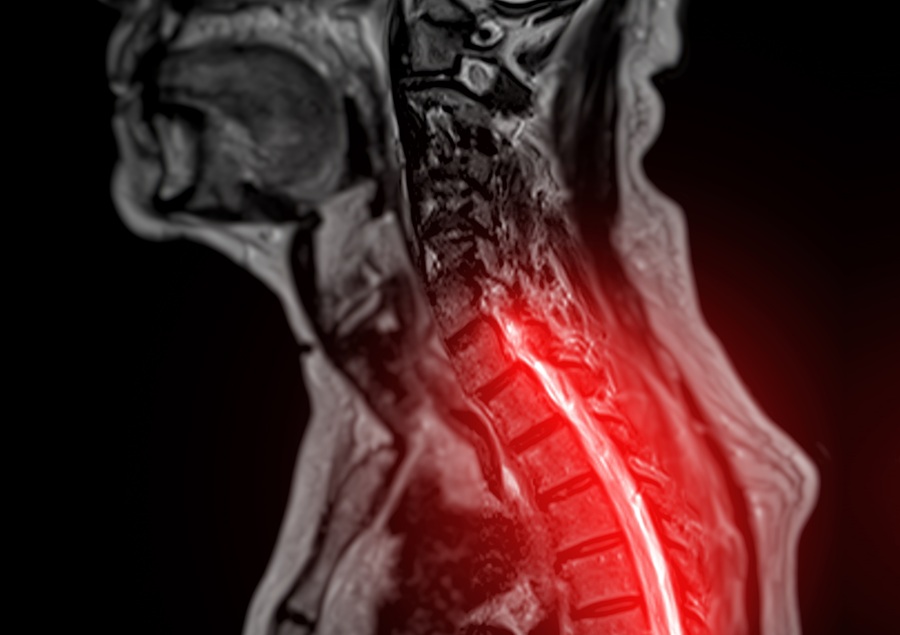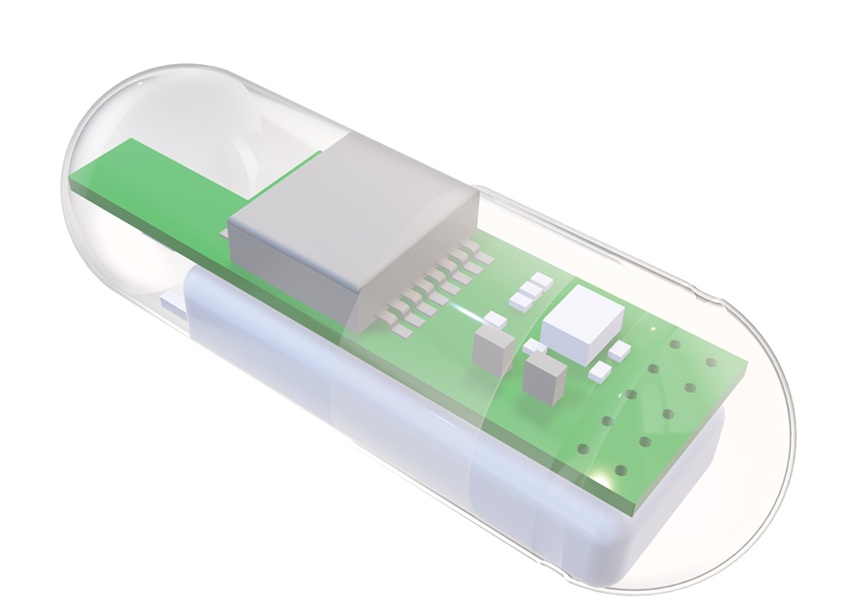Virtual Reality Helps Diagnose Systemic Dizziness Episodes
|
By HospiMedica International staff writers Posted on 12 Jan 2017 |
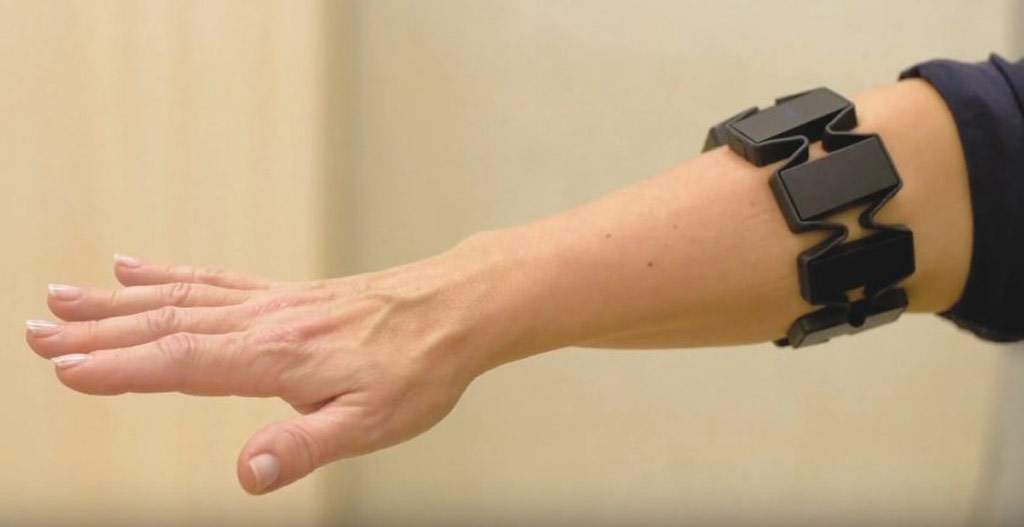
Image: The Myo armband helps diagnose vestibular disorders (Photo courtesy of KTU/LSMU).
An innovative portable technology provides a convenient and inexpensive method for diagnosing vestibular system disorders.
Developed jointly by researchers at Kaunas University of Technology (KTU; Lithuania) and the Lithuanian University of Health Sciences (LSMU; Kaunas), the technology is based on the Myo armband, a gesture recognition device worn on the forearm manufactured by Thalmic Labs (Kitchener, Canada), which enables the user to control technology wirelessly using various hand motions, interpreted using a set of electromyographic (EMG) sensors.
The EMG sensors identify electrical activity in the forearm muscles, which is then combined with a gyroscope, accelerometer, and magnetometer to recognize the gestures. The researchers analyzed data from the Myo, combining it with additional input from Samsung virtual reality (VR) software, synchronizing between the different programming languages and environments in order to analyze vestibular conditions. The technology is currently being tested with healthy volunteers.
“Dizziness is a very common health disorder, experienced by both young and older people. Strong systemic dizziness, followed by imbalance, nausea, paleness, and perspiration interferes with human activities and can cause great anxiety,” said lead author Professor Ingrida Ulozienė, PhD, of LSMU. “If the condition persists, the quality of life, mood and work efficiency suffers. Sometimes dizziness can be a symptom of more serious diseases. Unfortunately, the condition is relatively difficult to diagnose.”
The vestibular system includes the parts of the inner ear and brain that process the sensory information involved with controlling balance and eye movements. Commonly diagnosed vestibular disorders include benign paroxysmal positional vertigo (BPPV), labyrinthitis and vestibular neuritis, Ménière’s disease, secondary endolymphatic hydrops, and perilymph fistula. Other problems related to vestibular dysfunction include vestibular migraine and complications from autoimmune disorders and allergies.
Related Links
Kaunas University of Technology
Lithuanian University of Health Sciences
Thalmic Labs
Developed jointly by researchers at Kaunas University of Technology (KTU; Lithuania) and the Lithuanian University of Health Sciences (LSMU; Kaunas), the technology is based on the Myo armband, a gesture recognition device worn on the forearm manufactured by Thalmic Labs (Kitchener, Canada), which enables the user to control technology wirelessly using various hand motions, interpreted using a set of electromyographic (EMG) sensors.
The EMG sensors identify electrical activity in the forearm muscles, which is then combined with a gyroscope, accelerometer, and magnetometer to recognize the gestures. The researchers analyzed data from the Myo, combining it with additional input from Samsung virtual reality (VR) software, synchronizing between the different programming languages and environments in order to analyze vestibular conditions. The technology is currently being tested with healthy volunteers.
“Dizziness is a very common health disorder, experienced by both young and older people. Strong systemic dizziness, followed by imbalance, nausea, paleness, and perspiration interferes with human activities and can cause great anxiety,” said lead author Professor Ingrida Ulozienė, PhD, of LSMU. “If the condition persists, the quality of life, mood and work efficiency suffers. Sometimes dizziness can be a symptom of more serious diseases. Unfortunately, the condition is relatively difficult to diagnose.”
The vestibular system includes the parts of the inner ear and brain that process the sensory information involved with controlling balance and eye movements. Commonly diagnosed vestibular disorders include benign paroxysmal positional vertigo (BPPV), labyrinthitis and vestibular neuritis, Ménière’s disease, secondary endolymphatic hydrops, and perilymph fistula. Other problems related to vestibular dysfunction include vestibular migraine and complications from autoimmune disorders and allergies.
Related Links
Kaunas University of Technology
Lithuanian University of Health Sciences
Thalmic Labs
Latest Patient Care News
- Revolutionary Automatic IV-Line Flushing Device to Enhance Infusion Care
- VR Training Tool Combats Contamination of Portable Medical Equipment
- Portable Biosensor Platform to Reduce Hospital-Acquired Infections
- First-Of-Its-Kind Portable Germicidal Light Technology Disinfects High-Touch Clinical Surfaces in Seconds
- Surgical Capacity Optimization Solution Helps Hospitals Boost OR Utilization

- Game-Changing Innovation in Surgical Instrument Sterilization Significantly Improves OR Throughput
- Next Gen ICU Bed to Help Address Complex Critical Care Needs
- Groundbreaking AI-Powered UV-C Disinfection Technology Redefines Infection Control Landscape
- Clean Hospitals Can Reduce Antibiotic Resistance, Save Lives
- Smart Hospital Beds Improve Accuracy of Medical Diagnosis
- New Fast Endoscope Drying System Improves Productivity and Traceability
- World’s First Automated Endoscope Cleaner Fights Antimicrobial Resistance
- Portable High-Capacity Digital Stretcher Scales Provide Precision Weighing for Patients in ER
- Portable Clinical Scale with Remote Indicator Allows for Flexible Patient Weighing Use
- Innovative and Highly Customizable Medical Carts Offer Unlimited Configuration Possibilities
- Biomolecular Wound Healing Film Adheres to Sensitive Tissue and Releases Active Ingredients
Channels
Artificial Intelligence
view channelCritical Care
view channel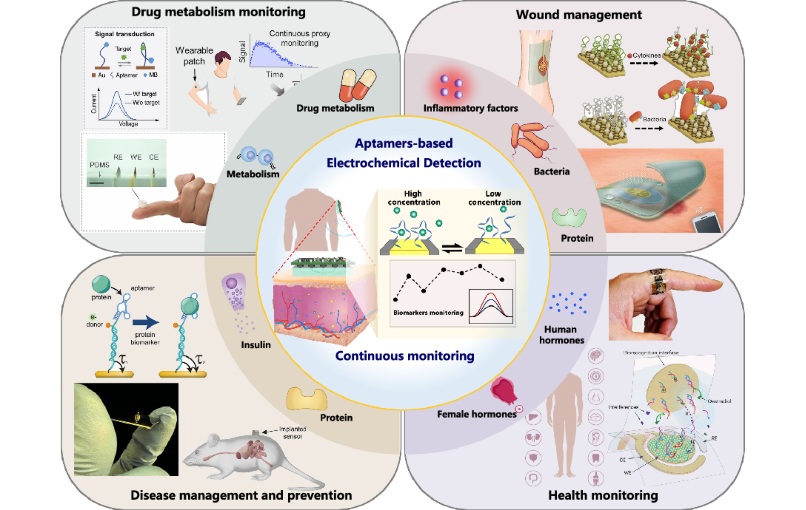
Aptamers Enable Real-Time Biomarker Tracking Without Blood Draws
Continuous monitoring of biomarkers is critical for early disease detection, treatment evaluation, and personalized health management. Yet most clinical tests still rely on invasive, single-point blood... Read more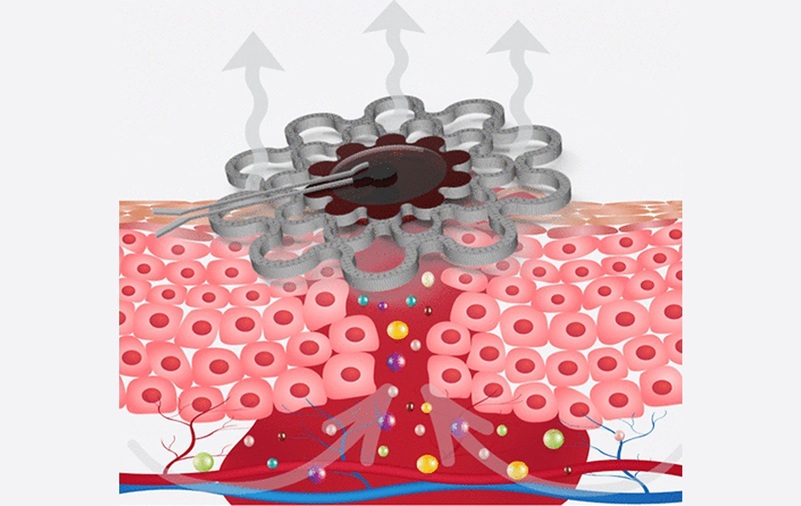
Specialized Dressing with Sensor Monitors pH Levels in Chronic Wounds
Any wound has the potential to become chronic, but the risk is significantly higher in individuals with certain medical conditions. Once a wound becomes chronic, healing slows, complications increase,... Read moreSurgical Techniques
view channel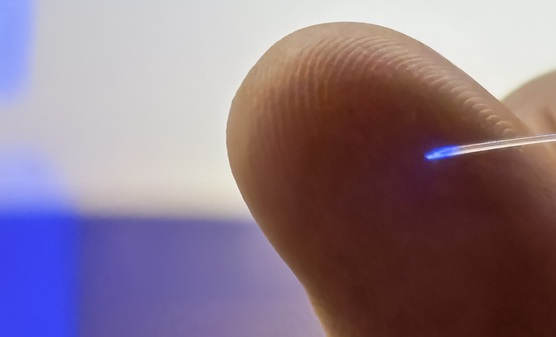
Brain Implant Records Neural Signals and Delivers Precise Medication
Neurological diseases such as epilepsy involve complex interactions across multiple layers of the brain, yet current implants can typically stimulate or record activity from only a single point.... Read moreAI-Based OCT Image Analysis Identifies High-Risk Plaques in Coronary Arteries
Lipid-rich plaques inside coronary arteries are strongly associated with heart attacks and other major cardiac events. While optical coherence tomography (OCT) provides detailed images of vessel structure... Read moreNeural Device Regrows Surrounding Skull After Brain Implantation
Placing electronic implants on the brain typically requires removing a portion of the skull, creating challenges for long-term access and safe closure. Current methods often involve temporarily replacing the skull or securing metal plates, which can lead to complications such as skin erosion and additional surgeries.... Read moreHealth IT
view channel
EMR-Based Tool Predicts Graft Failure After Kidney Transplant
Kidney transplantation offers patients with end-stage kidney disease longer survival and better quality of life than dialysis, yet graft failure remains a major challenge. Although a successful transplant... Read more
Printable Molecule-Selective Nanoparticles Enable Mass Production of Wearable Biosensors
The future of medicine is likely to focus on the personalization of healthcare—understanding exactly what an individual requires and delivering the appropriate combination of nutrients, metabolites, and... Read moreBusiness
view channel
Medtronic to Acquire Coronary Artery Medtech Company CathWorks
Medtronic plc (Galway, Ireland) has announced that it will exercise its option to acquire CathWorks (Kfar Saba, Israel), a privately held medical device company, which aims to transform how coronary artery... Read more
Medtronic and Mindray Expand Strategic Partnership to Ambulatory Surgery Centers in the U.S.
Mindray North America and Medtronic have expanded their strategic partnership to bring integrated patient monitoring solutions to ambulatory surgery centers across the United States. The collaboration... Read more
FDA Clearance Expands Robotic Options for Minimally Invasive Heart Surgery
Cardiovascular disease remains the world’s leading cause of death, with nearly 18 million fatalities each year, and more than two million patients undergo open-heart surgery annually, most involving sternotomy.... Read more












